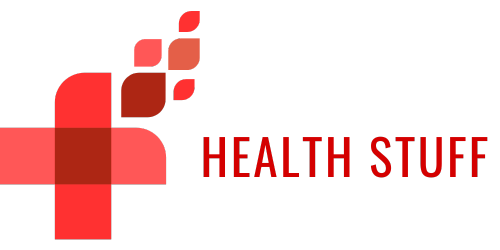Reminders vs efficient appointment management
How reminders differ from appointment confirmations
Managing appointments efficiently is one of the top trademarks of a well-organized and effective health clinic. If patients get their appointments on time and easily, as well as attend them, clinics are able to work efficiently and smoothly. In this article, we are going to take a look at the differences between simple reminders and efficient appointment management for health clinics. We will cover the importance of having organized appointment management and overall, how appointment confirmations differ from reminders.
The benefits of client appointment notifications
Before we go further into detail explaining the differences between reminders and confirmations, let's quickly take a look at the important benefits of appointment notifications overall.
For starters, any kind of confirmation present a record to the client that their appointment has been booked. Notifications in general, present an easy way health clinics can monitor and manage their appointments and clients or patients are able to follow their appointment schedule easily by having these notifications. By being reminded of or asked to confirm appointments, patients and health clinics can engage in a more efficient healthcare interaction and reduce the number of no-shows as well as decrease waiting times. Now let's take a look at the core difference between the two.
Reminders vs appointment confirmations
To begin with, let's start with confirmation e-mails. As mentioned above, they are there to present a record to the client that their appointment has been booked. On the other hand, Email and text (SMS) reminders for example, provide opportunities to remind clients of appointments. This is, of course, done in an effort to reduce the percentage of no-shows. So, what is the main difference.
Well, An appointment reminder is sent prior to the client's visit. It should remind the patient of the services they booked. Appointment confirmations are sent within a short time after a patient books an appointment. They are also sent if a patient moves an appointment to a different day than it was originally booked. Each clinic can choose to send reminders and confirmations via text message and/or email or through other channels as well.
In addition to this, health clinics can send optional email notifications when you reschedule an appointment or update the provider or service for the previously booked appointment. So, how do regular confirmations of appointments work? They are usually sent within minutes of patients booking an appointment. What about reminder texts? They are sent to patients at certain intervals, for example 24h before an appointment to remind them of their upcoming, scheduled appointment.
The confirmation and reminder emails offer the basic information regarding the patient's appointment. For example, this can include:
-
The booked services.
-
The provider.
-
Accurate date and time of their appointment.
-
A custom message (can be added to provide additional information that is necessary for a patient's healthcare journey).
Depending on cancellation policy, reminders can be sent at various different intervals.
Efficient appointment management - How clinic's can achieve it
So, now that we have gone over the basics of reminders and confirmations, as well as the importance of sending them, let's take a look at how exactly can clinic's achieve a more efficient appointment management with their clients or patients.
With the development of new technologies, health clinics can now use new, digital services and tools that will help them make their appointment management more efficient. Our team at Eniax has worked hard to develope and present a confirmation service that allows clinics to combine all of the advantages of confirmations as well as reminders and enable them to engage in a more effective communication with patients. Using a proactive confirmation service to manage and remember appointments, with the possibility of re-scheduling when necessary can improve your clinic's ability to manage appointments as well as make it easier for your patients to book them, and attend them.
The main goal of this service is to increase the conversion of medical appointments, exams and treatments with the aim of reducing absenteeism, improving production and improving operational planning. By using this service, clinics will be able to deliver a better and a more timely information to their patients regarding their medical appointments, schedule, changes in appointments, updates on agendas, and so on. In addition to this, this kind of proactive service also reduces the saturation of the inbound services of the clinics.
How does the service work? When a reservation is generated in the clinic, a confirmation process is automatically triggered. This allows for a flow of texts designed to achieve maximum contact ability. It begins with an omnichannel dialogue with the patient that reminds them of their appointment but in addition to this, the conversation can trigger delivery of presentation information and answer the patients' questions as well. A patient percieves the dialogue as an ongoing dialogue with a customer service executive. This service not only includes the basics regarding the patients' appointments and exams, but also additional features such as information associated with a specific topic, certain instructions related to the upcoming appointment, and information campaigns.
In conclusion
To sum up, reminders and appointment confirmation differ in many ways. However, they are both important for effective appointment management for health clinics. The best way to achieve efficient appointment management is through the usage of proactive services, such as a confirmation service by Eniax, to fully engage patients and maximize the appointment management by interacting with patients through a constant flow of meaningful texts, messages, and e-mails.
 English
English Español
Español
